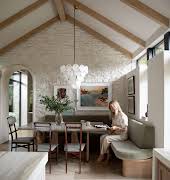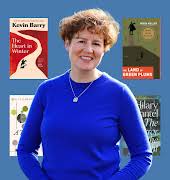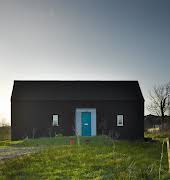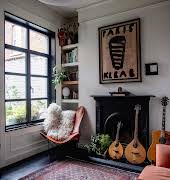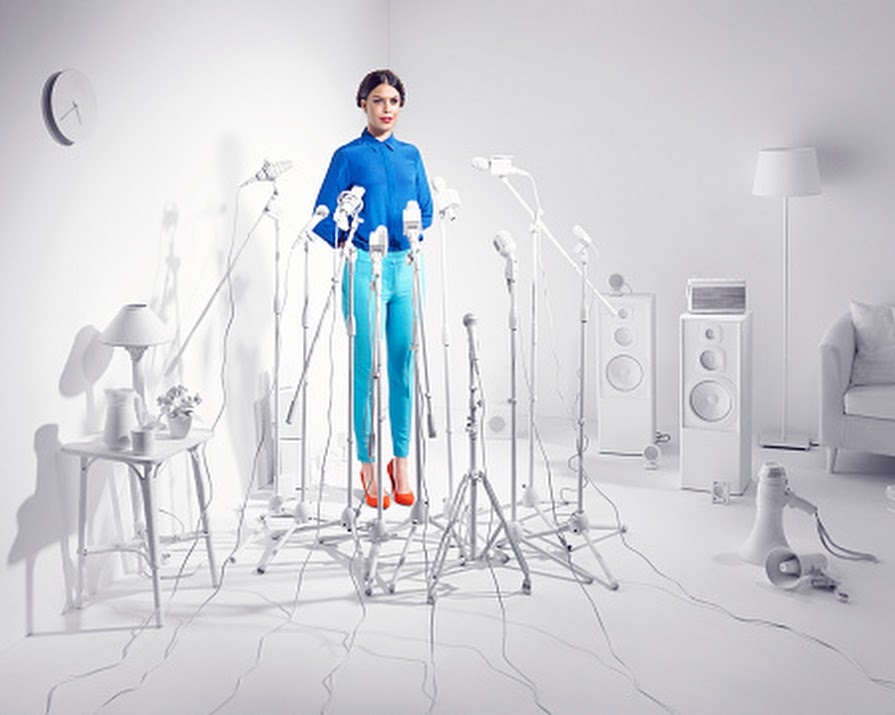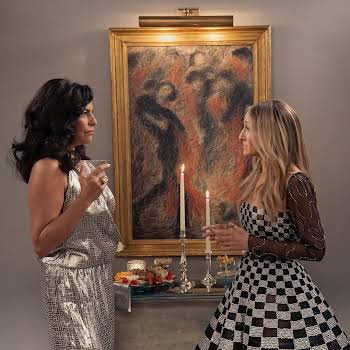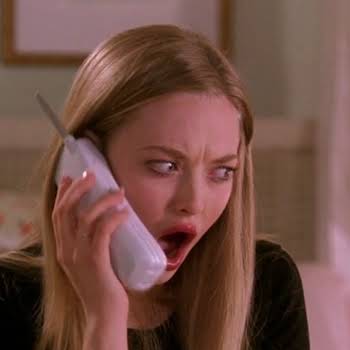
By IMAGE
05th Aug 2016
05th Aug 2016
Do you tweet for a laugh? You’re not alone. Irish women are finding their comedic voices on Twitter, says Roisin Agnew, and building a community of supportive sharers with it.
Personally, I think my best joke on social media involves a photo I took of a gorilla in Dublin Zoo and the accompanying caption. The photograph shows a big male silverback gorilla holding onto the fence of his enclosure gazing forlornly out towards something in the middle distance. My caption read ?Aujourd?hui, maman est morte. Ou peut-?tre hier, je ne sais pas.? and was followed by a monkey emoji. The caption is taken from the opening lines to Albert Camus? L??tranger, an example of existential literature that opens with, ?Today my mother died. Or maybe it was yesterday. I don’t remember.??When I originally posted the image to Instagram,
I received a piddling four ?likes?. When I posted it to Twitter after stumbling upon it a few months later and LOL-ing heartily to myself once again, I received just one.
My boyfriend didn’t even smile when I showed him the Tweet, and two of my acquaintances asked me if I spoke French, which translated as ?notions?. To make matters worse, at the time of writing this, Harry the silverback gorilla and butt of my joke had just died, lending this entire episode a rather tragic finale.?I am not always funny on Twitter. But a lot of my female Irish peers are. Since the publishing of The Guardian‘s series that highlighted the level of abuse?that their female writers received when compared with their white male counterparts, conversations about female lives online has focused extensively on aggression directed at women.?A Demos report published recently to coincide with the UK’s Reclaim the Internet campaign employed language-filtering algorithms to show that across the world, 800,000 people had received some form of abuse on Twitter in the space of three weeks, with 200,000 Tweets containing the words ?whore? and ‘slut?. More unsettling still was the fact that half of the people using the abusive language were women.
Amid the hateful clamour and ludicrous debates that women are still forced to engage in about their rights on what they can and can’t do with their bodies, what has rung out loud and clear on Twitter of late is the comedic genius of Irish women. Whilst I myself am sadly handicapped by possessing a sense of humour more aligned with the physical slapstick of a samba-dancing dog, your average Irish gal seems to have equipped herself with an observational wit as dry as a tart martini.?The effect is a renaissance in female humour online that is filtering into the comedy scene offline. Where women may feel more hesitant than men when it comes to stand-up, hundreds of them have no problem trying out material several times a day on Twitter. One such example is Hannah*, who works full time with a media company in the city centre. She has carved out a style and repertoire that’s completely unique to her, much like any comedian might have. ??It is harder and more vulnerable of a thing to get onto a stage and tell jokes when you’re someone who isn’t traditionally seen as belonging there,? she says about comedy’s marginalisation of women. ?It’s a clich? to say it, but Twitter has been a democratising force in lots of ways, with comedy and media both huge avenues that have become demystified for the average Jane. It has been instrumental in breaking down cliquey gate-keepery stuff.?
Comedian Alison Spittle would agree. An active voice on Twitter, she has her own podcast with HeadStuff.org and has performed at the Dublin Fringe, Electric Picnic, and Edinburgh Fringe, along with her TV appearances, and is an excellent egg. She recently Tweeted asking why women didn’t feel more comfortable doing stand-up, with a lot of the responses focusing on the consequences
of being ridiculed as a woman.??Women are more self-aware. I’ve never seen a lad cry over a bad gig, but I’ve seen loads of women cry,? Alison tells me. ?Twitter has totally made women find their comedic voices, though, and it makes me so happy. These women, they just Tweet about their day-to-day life and don’t give a shit. It’s uncool – there’s a ?take it or leave it? to it that I love.??Alison explains that it’s about community – a Twitter community that ?likes? your jokes offers a space for trying things out while sharing your interests and staying supportive. ?It’s like a girl’s bathroom in a club late at night. Everyone’s overhearing each other’s conversations and getting involved and complimenting each other.??
Although acknowledging that ?if she thinks of anything, she saves it for her stand-up? and that ‘she can’t take the pressure of being funny on Twitter?, comedian Joanne McNally credits the platform with having a positive influence on the female Irish comedy scene.?The female funny-maker in the new and much-improved Republic of Telly, Joanne is a gaspingly funny mixture of hunzo and kooky straight-talker on stage.?For her, the strength of Twitter is that it provides people with a double life. ?There are so many women who are gas on Twitter and then you meet them in real life, and they’re super normal. It is a double life, and it gives them a chance to be a comedian.??It has great benefits,? she adds. ?People can lose themselves and not get caught up in what people might think of them.??Joanne thinks Twitter has become a viable third option for female comedians. ?There’s a lot of people who don’t have a performer in them, or don’t have a book in them, but Twitter becomes a way for them to show off their incredibly witty sense of humour.??Women can hone their skills and test material, learn what works, and become fully-fledged ?online comedians? according to Joanne, and she sees that?as a perfectly legitimate comedic space.
What is referred to as the online disinhibition effect that Twitter has on its users, where they feel more comfortable saying hurtful things to perfect strangers, may in the case of women have had an inversely positive effect. The disinhibition may have allowed them a temporary hiatus from self-scrutiny, a release from their inhibitions that has allowed them to express their wit and self-deprecating ridiculousness. Then again, maybe the relentless activity of bullies and trolls has made women close ranks and support each other with increased cleverness.
?See this article and more in the August issue of IMAGE magazine – on shelves nationwide.

